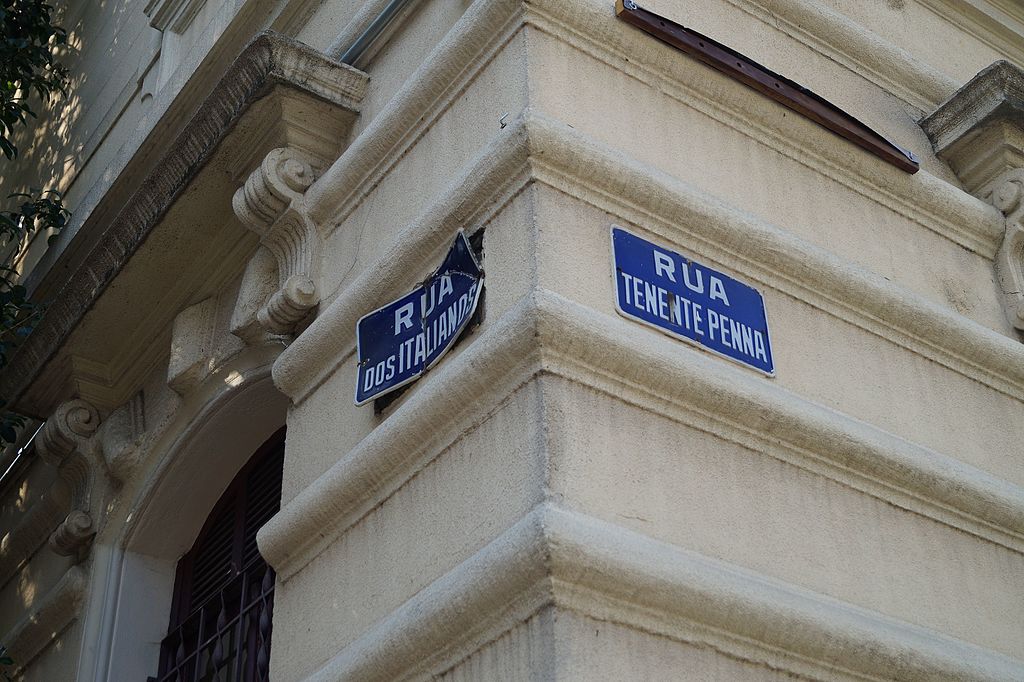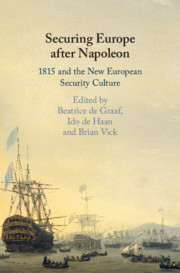Associate Professor of History Yanna Yannakakis recently launched a digital publication entitled “Power of Attorney in Oaxaca, Mexico: Native People, Legal Culture, and Social Networks.” Yannakakis, who is a specialist of colonial Mexico and also holder of the Winship Distinguished Research Professorship in History (2018-2021), discusses the making of this innovative digital humanities project in the latest installment of “Recent Faculty Publications.” Read the Q & A below and check out the project here.
Extensive projects like these are produced over years if not decades. Give us a sense for the lifespan of this project, from initial idea through final production.
I came up with the idea for this project in the fall of 2013. I had been researching indigenous legal culture in colonial Oaxaca, Mexico and had encountered dozens of letters of attorney – a simple and formulaic genre of notarial document — produced by native litigants in the state’s judicial archive. I noticed that in addition to information about native litigation, the letters contained spatial data, including the names of native communities and the locations of their legal representatives. I began to wonder if I could map the interethnic relationships and networks created by power of attorney across the space of the Spanish empire, from the remote highlands of Oaxaca to Madrid, Spain and places in-between. I brought my research questions to Emory’s Center for Digital Studies, which serves as an incubator for digital projects, and in collaboration with my colleagues at ECDS, we developed a research plan and method. We launched the pilot for the project in May 2018, and the work is ongoing.
Digital humanities projects often entail collaborative work with other historians as well as specialists who work primarily outside of the humanities. Who were the partners on this project and how did you all develop productive approaches to dialogue and workflow across disciplines?
Digital humanities is by definition collaborative because it is rare for a single scholar to be able to master all of the necessary skills. In my case, I had graduate research assistants – Selene García Jiménez (El Colegio de México); Jon Coulis, Angie Picone, and Alex Cors (Emory University) – photographing, transcribing, and culling data from letters of attorney. At ECDS, Joanna Mundy, Sara Palmer, and Jennifer Doty contributed to the design of the project data base, and Sara oversaw the production of the Gephi network graphs. Megan Slemens, ECDS GIS librarian, and Michael Page, ECDS Geographer spatialized the Gephi network graphs in Google Earth, and developed CARTO maps. Phil MacLeod, Latin American Studies Librarian at Woodruff Library helped me to locate historical maps and geographical data. Julius Kniffki, a freelance photographer contributed photos for the website (as did I), and Erin Hecht, a freelance web-designer developed the streamlined and user-friendly and artful layout for the website. I designed the categories of analysis, interpreted the maps and visualizations, and wrote the text for the site.
Coordinating workflow could at times be a challenge, especially at the outset when my graduate assistants and I seemed to be speaking a different language from our ECDS colleagues. The historical context of eighteenth century Oaxaca – from the names of native communities, to the geographic layout of administrative units, to notarial language – required translation and explanation. So too did the language of relational databases, network graphs, and google earth coordinates, especially since all of it was novel to me. After about 18 months of work, we found our groove, and came to understand what each part of the team needed and where to find it. It was really rewarding to develop these collaborative relationships over time and see the project unfold.
How do the maps and visualizations on the site reshape our understanding of indigenous legal culture?
It has been hard to shake the misconception that native communal life in colonial Mexico was parochial; that, as the saying goes, it extended no further than what could be seen from the church bell tower. It is true that many conflicts and concerns were locally rooted and oriented around communal structures. But as the maps and visualizations of Power of Attorney demonstrate, native people were well aware of the spatial organization of colonial bureaucracy and the court system, and they contracted legal representation in order to maximize their advantage within the patchwork of legal jurisdictions that made up the Spanish Empire. Scholarship on native litigation has blossomed in the last decade, so the argument about native legal strategizing is not new. But seeing how relationships born of litigation played out in space and over time, and how they connected native communities to one another and to distant courts provides a much richer understanding of the material and cultural ties that bound the empire. Crucially, the trajectory of these relationships, initiated by native litigants, moves from the indigenous region outward, rather than the other way around.
How does this project align with your broad research agenda?
I am currently writing a book about native justice and jurisdiction in Oaxaca from the eighteenth century through the first three decades after Mexico’s independence from Spain. “Power of Attorney” has helped me to understand in much greater depth the relationship between native and Spanish jurisdictions. It has also helped me to train my eye on contracts (letters of attorney were a form of contract) as a key source for understanding changes in customary law and legal and institutional relationships at a variety of scales. Early on, I imagined that this project would be part of the book, but then decided to keep the two projects separate. As the book has developed, though, I am beginning to see more connections, and am re-thinking how they might come together.

